Drupal CMS
Drupal is one of the most powerful and flexible content management systems (CMS) available today. It is an open-source platform widely used for building websites, portals, and web applications. From small blogs to large enterprise solutions, Drupal provides scalability, security, and customization that make it a preferred choice for developers.
In this blog, we’ll explore what Drupal is, its features, advantages, and why you should consider using it for your next web project.
What is Drupal?
Drupal is a free and open-source CMS written in PHP and backed by a large community of developers. It allows users to create and manage digital content easily without requiring advanced coding skills.
Originally released in 2001, Drupal has evolved significantly, and its latest version, Drupal 10, brings modern improvements such as a new theme, improved security, and better performance.
Drupal CMS puts the power of Drupal into the hands of marketers, web designers and content creators.
Quick setup & easy administration
One of the standout features of Drupal is its streamlined setup process, designed to get your website up and running quickly. Whether you're a seasoned developer or a beginner, Drupal's user-friendly installation guides and smart defaults make the initial setup a breeze.
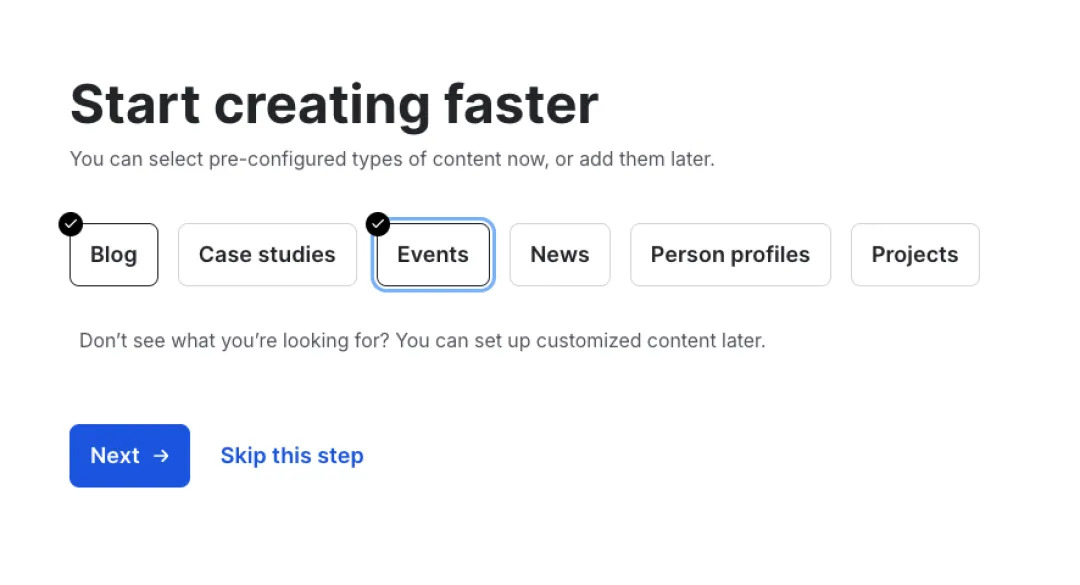
Once your site is up, Drupal's intuitive administration interface allows you to manage content, users, and site configurations effortlessly. The admin dashboard is designed to be both powerful and easy to navigate, providing you with all the tools you need to maintain and grow your site. With flexible permissions and roles, you can delegate tasks and manage your team efficiently
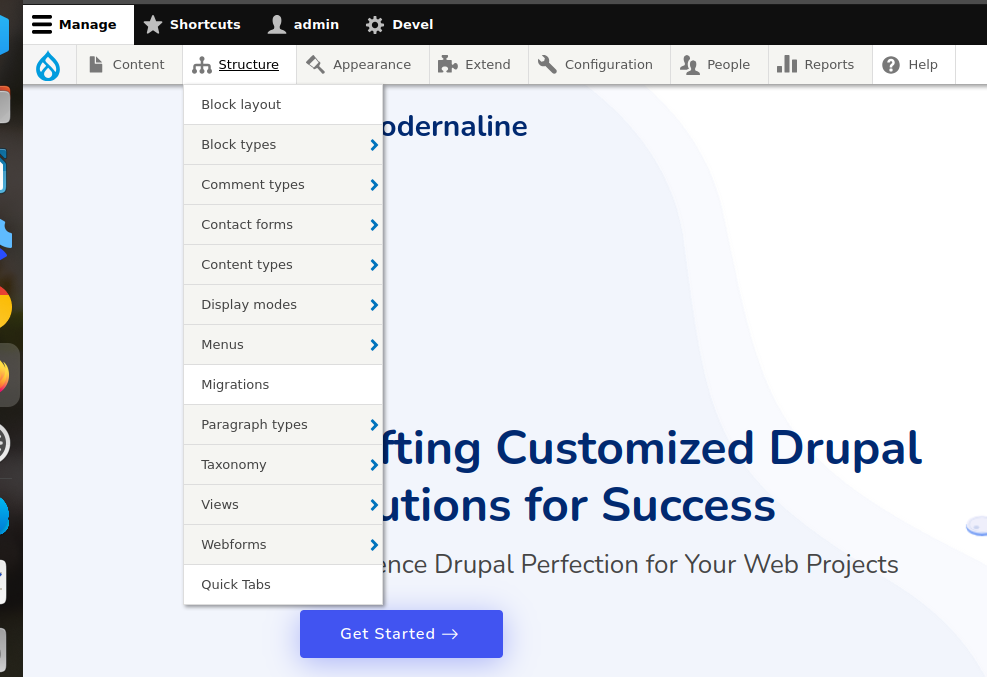
Build better content
Drupal stands out as a premier content management system (CMS) due to its flexibility and powerful features. At its core, Drupal offers a robust and intuitive content management interface that allows you to create, manage, and publish content with ease.
What sets Drupal apart is its ability to handle complex content structures and relationships. With Drupal's content types and fields, you can create custom content that fits your unique needs. Whether it's a blog post, product listing, event, or any other content type, Drupal provides the tools to tailor your content to match your vision. The flexible taxonomy system allows you to categorize and tag content efficiently, making it easy for users to find what they're looking for.

Boost Your Site's Reach with Drupal's SEO and Accessibility Tools
Drupal is designed with both search engine optimization (SEO) and accessibility in mind, making it a powerful choice for creating websites that reach a wide audience and provide an inclusive user experience. Here's how Drupal excels in these areas:
SEO Optimization: Drupal provides a range of built-in and contributed modules that help optimize your website for search engines. Key features include:
- SEO-friendly URLs: Drupal allows you to create clean, human-readable URLs that are favored by search engines.
- Meta Tags: You can easily add meta tags, such as titles and descriptions, to your content. The MetaTag module automates this process and ensures that your content is optimized for search engines.
- XML Sitemap: The XML Sitemap module generates a sitemap that helps search engines understand the structure of your site and index your content more efficiently.
- Pathauto: This module automatically generates URL aliases based on patterns you define, ensuring consistency and SEO-friendly URLs across your site.
- Google Analytics: The Google Analytics module integrates your site with Google Analytics, allowing you to track visitor behavior and gather valuable insights for SEO improvements.
Accessibility: Drupal is committed to web accessibility, ensuring that websites built with Drupal are usable by people of all abilities. Key accessibility features include:
- Semantic HTML5: Drupal uses semantic HTML5 elements, making it easier for screen readers and other assistive technologies to interpret your content.
- ARIA Support: The Accessible Rich Internet Applications (ARIA) standards are integrated into Drupal, providing additional information to assistive technologies about the roles and states of elements on the page.
- Responsive Design: Drupal's themes are designed to be responsive, ensuring that your site is accessible on all devices, including mobile phones and tablets.
- Alt Text for Images: Drupal encourages the use of alt text for images, providing descriptive text for users who rely on screen readers.
Accessibility Testing Modules: Contributed modules like the Automatic Alternative Text module and the Siteimprove module help you test and improve your site's accessibility.
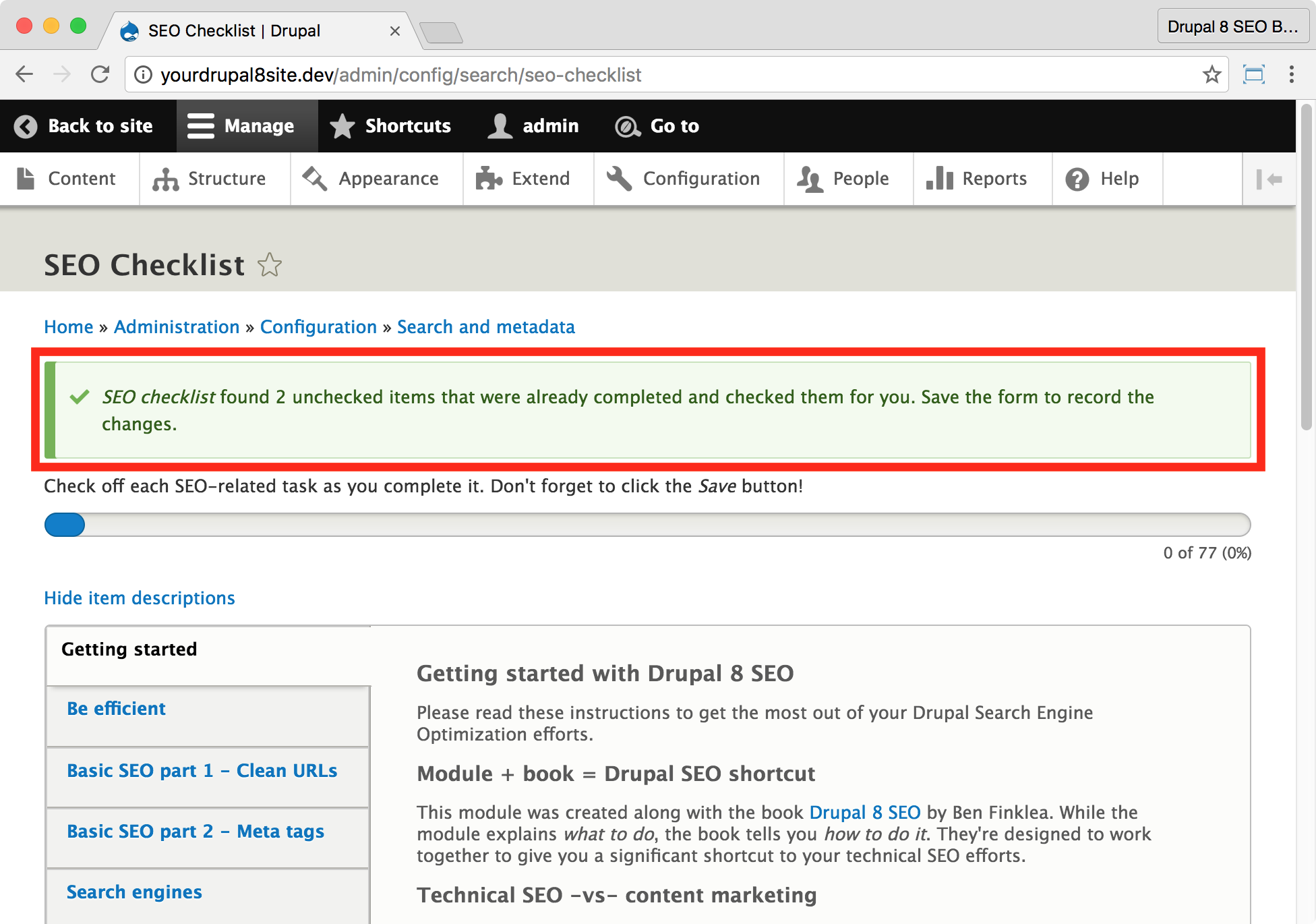
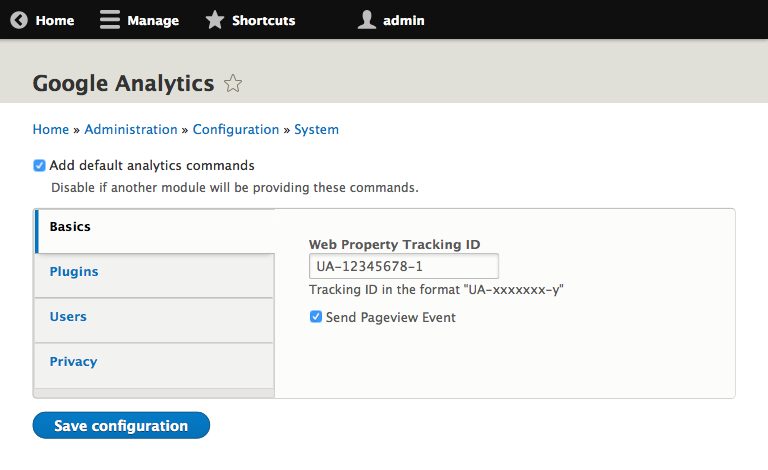

Security and Reliability
Drupal is renowned for its robust security and reliability, making it a trusted choice for many high-profile websites, including those of government and enterprise organizations. The platform is built with strong security architecture, ensuring your website is protected from common vulnerabilities. Regular security updates and patches are provided by the active and dedicated Drupal Security Team, maintaining the integrity of your site.
Additionally, Drupal offers granular user permissions, allowing you to control access at various levels and ensure that users have the appropriate permissions for their roles. Database encryption and two-factor authentication (2FA) add extra layers of security, protecting sensitive data and preventing unauthorized access.
Reliability is another key strength of Drupal. The platform is designed to handle high traffic and large amounts of content efficiently, making it suitable for websites with demanding performance requirements. Drupal's scalability ensures that your site can grow and adapt to increasing traffic without compromising performance.
Drupal's commitment to regular updates and maintenance, along with its adherence to industry standards and best practices for security and data protection, ensures that your website remains secure, reliable, and compliant with regulations such as GDPR and HIPAA.
Overall, Drupal's strong focus on security and reliability provides the foundation you need to build and maintain a secure, high-performing website.
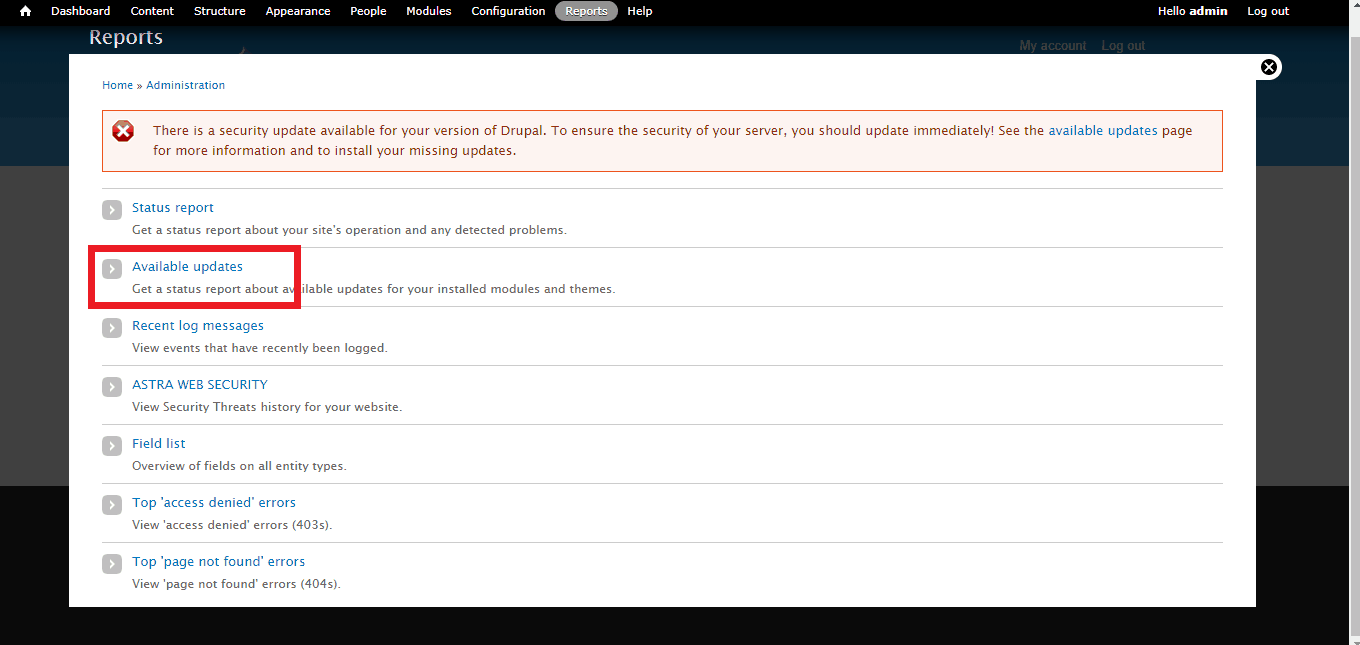

Popular Websites Built with Drupal
Many government, corporate, and educational websites use Drupal. Some of the most famous ones are:
- NASA (nasa.gov)
- Tesla (tesla.com)
- The White House (whitehouse.gov)
- Harvard University (harvard.edu)
Conclusion
Drupal is a powerful and flexible CMS that provides everything needed to build a secure and scalable website. Whether you are a beginner, developer, or enterprise, Drupal offers a wide range of features to support your project.
If you’re planning to build a website with Drupal, now is the perfect time to explore its capabilities!

